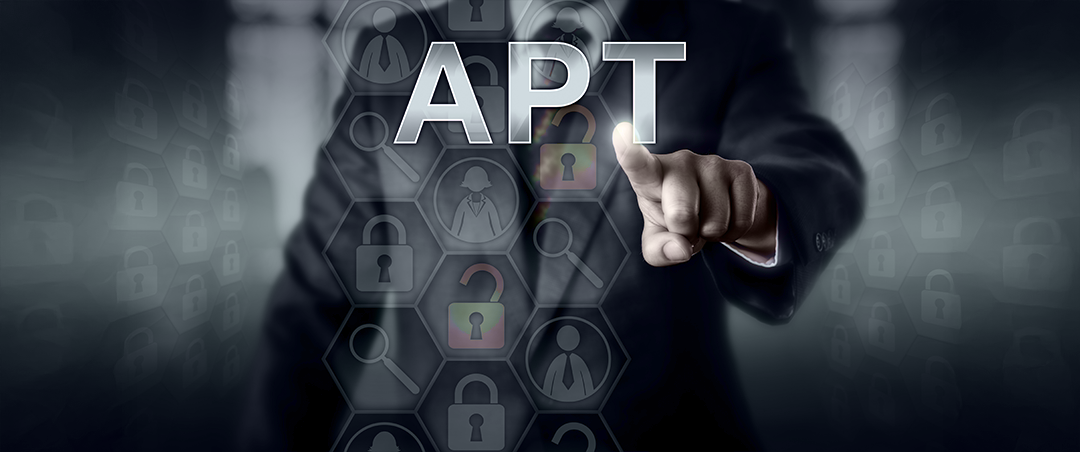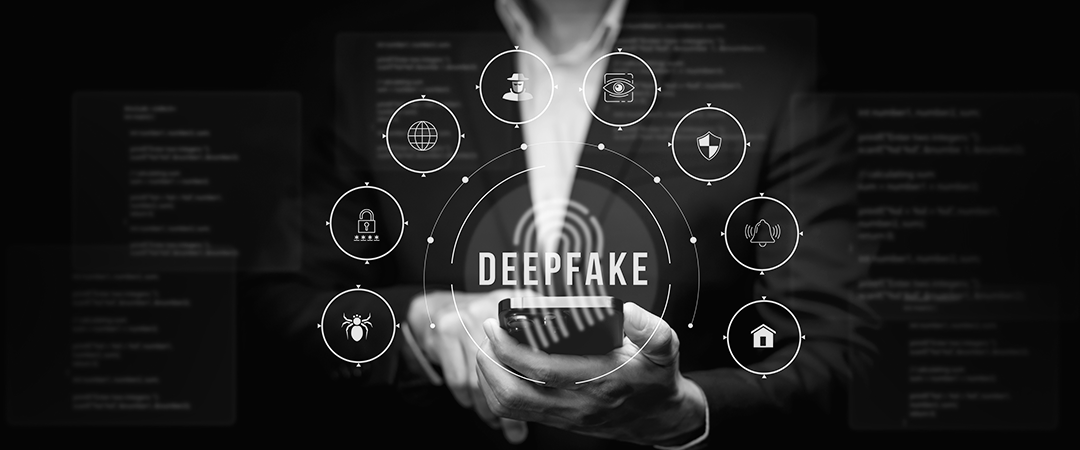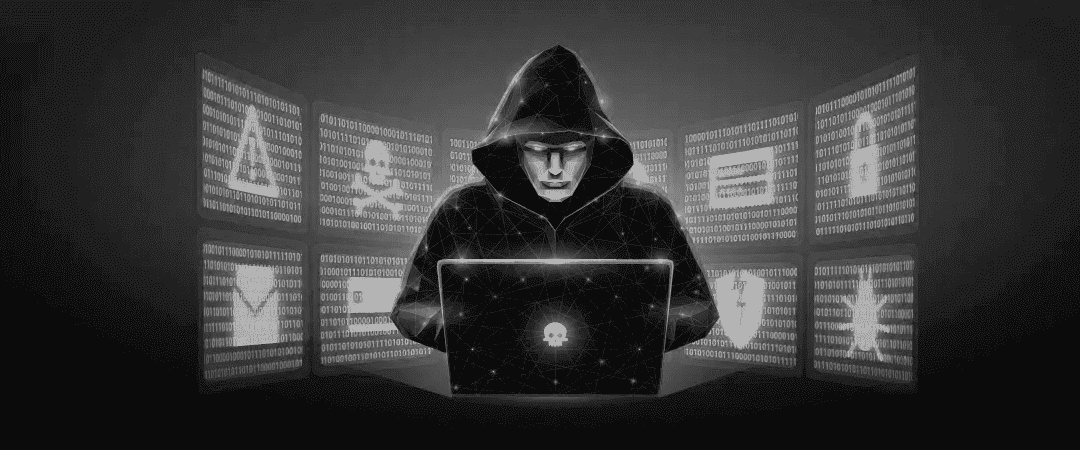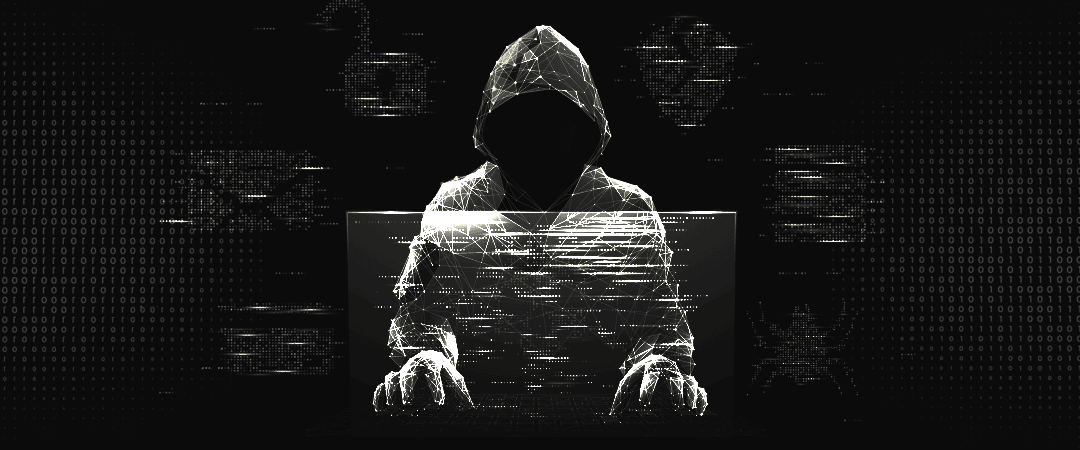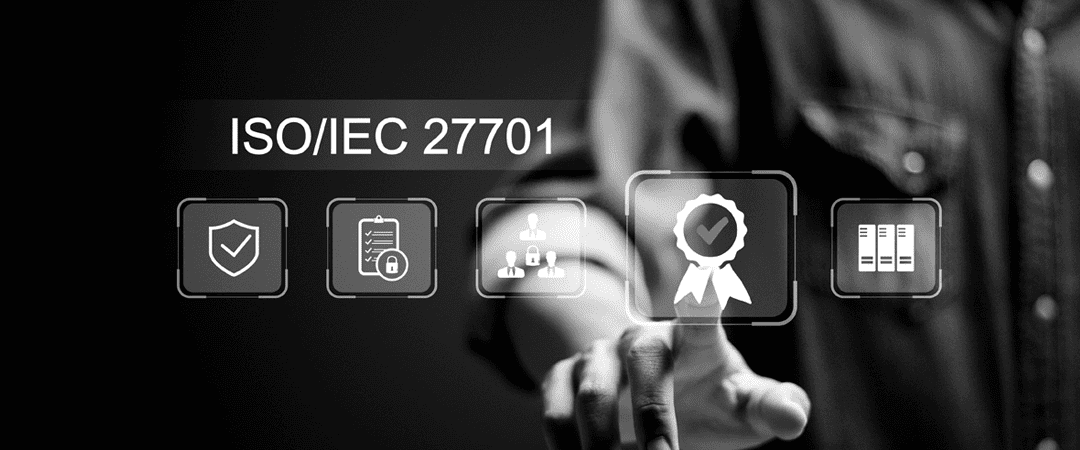
What Is PCI DSS? A Complete Guide to Payment Card Data Security
Introduction
These days, you can pretty much buy anything with a tap or a click, which is super handy, right? But it also means there's a ton of sensitive payment card information floating around. Which makes you wonder, how do we know if the companies handling all those digits are keeping them safe? That's where PCI DSS – the Payment Card Industry Data Security Standard comes into the picture. Honestly, if you're dealing with anyone's card details, you kind of need to get your head around this stuff.
What is PCI DSS?
Think of PCI DSS as a set of rules or security guidelines designed to keep cardholder data under lock and key and cut down on credit card fraud. It's not just for the big players; it applies to anyone who stores, processes, or transmits those precious card numbers. Whether it's the techy bits of your system or just how you operate day-to-day, if it touches cardholder data, PCI DSS has something to say about it. Bottom line? If you take card payments, this applies to you. Simple as that.
Why is PCI DSS Compliance Important for Businesses?
Seriously, why bother with all the compliance headaches? Well, for starters, messing up when it comes to cardholder data can land you in some seriously hot water, think big fines and even lawsuits. But maybe even more importantly, it can trash your customers' trust. In a world where data breaches seem to be constantly in the news, showing you're serious about keeping your payment info safe builds a solid reputation. At the end of the day, getting PCI DSS complaint is about protecting both your business and the people who trust you with their money.
How to Become PCI DSS Compliant?
Getting there is a bit of a journey, a step-by-step thing. First off, you've got to do a gap analysis. Basically, you look at where you are security-wise and where PCI DSS says you need to be. Then comes a risk assessment, figuring out all the potential nasties that could go after that cardholder data. After that, it's time for controls implementation, which is where you put the right security measures and policies in place to plug those gaps and tackle those risks. Then, you do an internal security audit to see how well those new controls work. Finally, depending on how many transactions you process and your PCI DSS level, you'll either need an external Qualified Security Assessor (QSA) to write up a Report on Compliance (RoC) or you will fill out a Self-Assessment Questionnaire (SAQ) to prove you're compliant.
Key Benefits of Working with a PCI DSS Consulting Agency
Okay, let's be real, PCI DSS can get complicated. That's where folks like Nexavault come in. Partnering with a PCI DSS consulting agency can be a game-changer. They've got the expertise to make the whole thing faster and smoother, which can save you money and a whole lot of stress in the long run. They can help with everything from figuring out where your security gaps are (PCI gap assessment) to putting the right security stuff in place and getting ready for your security audit. Honestly, having someone who knows the ins and outs of PCI DSS certification on your side can really boost your confidence in securing that cardholder data and building trust with your customers.
PCI DSS Compliance Challenges and How Consultants Help Overcome Them
Let's not sugarcoat it, getting PCI DSS compliant can be a real headache for a lot of companies. One of the first hurdles is figuring out exactly what's in scope and what parts of your system touch cardholder data. Get that wrong (make it too big or miss something important), and you could end up with security holes. Plus, let's face it, not everyone on your team is going to be a PCI DSS guru. And if you're running on older systems, they might not even have the security features PCI DSS demands. That's where those expert consultants shine. They bring in practical, tailored plans that fit your specific risks and business needs. They're not just giving advice; they're helping you understand the complex rules and offering hands-on help with things like upgrading your systems, setting up secure configurations, and running risk assessment and vulnerability checks. With the right PCI DSS consultant, the whole thing feels a lot less overwhelming, and more importantly, it helps keep that sensitive data safe and sound.
Difference between PCI DSS and other data security standards like ISO 27001
Now, while both PCI DSS and something like ISO 27001 are all about security, they tackle it from different angles. PCI DSS is pretty laser-focused – it's a mandatory set of rules specifically for protecting payment card industry data security standard info if you process, store, or transmit it. You must follow it to keep taking card payments and avoid big penalties. ISO 27001, on the other hand, is a broader, often voluntary (though sometimes required) framework for managing information security across your whole organization. It's more about setting up a system to manage all sorts of information risks, not just credit card details. Think of it this way: PCI DSS is like the specific security measure for the room where you keep the cash, while ISO 27001 is the blueprint for the security of the entire building. While they're different, having a good ISMS like ISO 27001 can make your PCI DSS UK or global compliance journey.
Wrapping It All Up
So, at the end of the day, PCI DSS is a super important, often legally required set of rules from the PCI SSC for any business that touches cardholder data. It's all about keeping that info safe to protect both your bottom line and your customers' trust. Getting complaints can feel like a big task, but bringing in a PCI DSS consulting services provider like Nexavault can really simplify things. They help with everything from understanding the requirements to getting through your PCI audit services. While it's not the same as other security standards, PCI DSS is the key to ensuring secure payments and safeguarding sensitive data in the payment card industry data security standard.


 Quick
Contact
Quick
Contact


